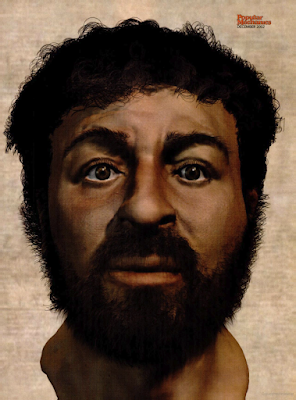Louise and I have established a programme of films from our DVD and Blue Ray collection for evening watching during Advent, and then from Christmas to Epiphany on January 6. We watched Frank Capra's 1938 masterpiece 'You Can't Take It With You' last Friday, 23 December. It may have been a year since we last saw it, but the film had lost none of its charm or meaning. There were even sequences which had me exclaiming with joy, 'This is a socialist film!' That makes it a real Christmas treat.
 |
| The Capra film that took two Oscars in 1938 - Best Director and Outstanding Production for Columbia Pictures |
Of course, with Frank Capra (1897-1991) things are sometimes not quite what they may seem. That is what I have learned, now I have been inspired by his films to find out more about the man. There is a moment in You Can't Take It With You, towards the end, when Lionel Barrymore as Grandpa Martin Vanderhof, the eccentric American idealist who doesn't understand why he should pay taxes to the government, refuses to tell James Stewart, in the role of Tony Kirby, the young banker, the whereabouts of the woman he loves, Vanderhof's granddaughter, Alice Sycamore, played by Jean Arthur. 'I'm not and never will be a snitch', says Grandpa Vanderhof.
But Frank Capra learned to compromise and became a snitch himself.
His biographer, Joseph McBride, in 'The Catastrophe of Success' (1992) wrote:
'How long Capra may have been informing before September 1951 cannot be determined from the available evidence, but it was as early as 1947 that he "began to act strangely, to look for 'villains'". (p.604)
This was around the time the Hearings on Un-American Activities Committee (HUAC) began in Washington and the McCarthyite witch-hunt started, seeking to purge the USA of any trace of the 'red menace': Communism. The world of the witch-hunt was not a rational world, not least when the heat was turned up on Hollywood by HUAC with its 1951 round of hearings. Two Hollywood figures of note, Sidney Buchman and Michael Wilson, probably never knew that Capra had named their names to the security board. Both men's careers were soon severely damaged. Capra had not collaborated openly with the committee so the American public never knew for certain what Capra had done - and Capra

.png)
_2013.jpg)
